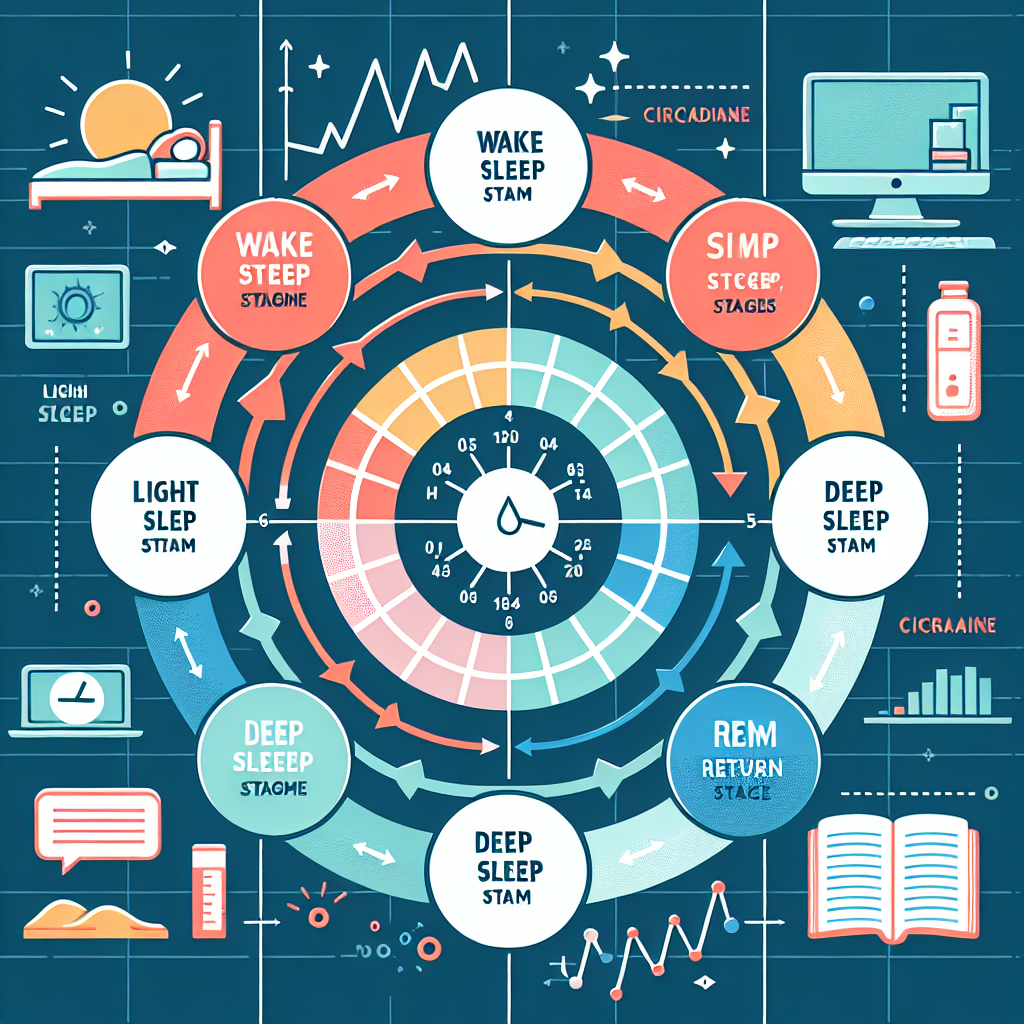The Importance of Sleep
Slumber is not simply a pause in our busy lives; it's an essential function that rejuvenates our bodies and minds. For high school students, quality sleep is crucial for academic performance, emotional well-being, and physical health. It's a powerhouse activity that charges your 'batteries', processes the day's learning, and keeps your mood in check. In the world of fitness and health, sleep stands as a pillar, equally as important as diet and exercise. So let's dive into the silent, restorative universe of exercise and sleep.
Stages of Sleep
Did you know that not all sleep is created equal? Our sleep cycle is composed of several stages, each with its unique benefits. These stages are classified into two main types: Non-REM (Rapid Eye Movement) and REM sleep. Non-REM sleep includes three phases — ranging from light dozing off to deep and restorative sleep. REM sleep is when we dream and our brain activity spikes, consolidating memories and learning.

Benefits of Quality Sleep
Quality sleep goes much deeper than just feeling rested. It can enhance memory recall, support growth and repair of muscles for athletes, and even bolster your immune system—essentially, it’s a nightly tune-up for your brain and body. Those deep sleep stages are particularly potent, encouraging cell repair, hormone regulation, and energy replenishment.
Sleep's Role in Fitness
For those who take their fitness seriously, sleep is the ultimate recovery tool. It's during sleep that muscle repair, protein synthesis, and growth hormone release predominantly occur. When you shortchange your sleep, you shortchange your performance and gains. It's clear: a robust nutrition and sleep schedule is a cornerstone of any serious training regimen.
Sleep Hygiene Tips
Maintaining good 'sleep hygiene' is key for high quality rest. This means creating an environment and daily habits that support consistent, uninterrupted sleep. Consider a cool, dark, and quiet bedroom; a soothing pre-sleep routine; and a consistent sleep schedule. Avoiding caffeine and electronics before bed can also pave the way for better sleep.

Overcoming Sleep Challenges
So, what if you’re tossing and turning instead of drifting off to dreamland? Here are some steps you can take: exercise regularly (but not right before bed), manage stress through meditation or journaling, and if needed, consult a sleep professional. Persistent sleep issues, such as insomnia or sleep apnea, are not trivial and can impact every aspect of your health. For more information and sleep-related resources, consider visiting Sleep Foundation.
Tools for Better Sleep
Thankfully, an array of gadgets and products can assist in enhancing your sleep quality. Sound machines, blackout curtains, and high-grade mattresses are a few items that can transform your bedroom into a sleep sanctuary. To discover products that can elevate your sleep game, check out these:
Interacting with Technology
Technology can be a double-edged sword when it comes to sleep. While blue light-emitting screens can interfere with your ability to fall asleep, certain tech can help improve your sleep. Apps that track sleep patterns and smart alarms that wake you during the lightest sleep stage are examples of how tech can enhance your slumber.
Summarize Your Sleep Knowledge
Understanding the various aspects of sleep isn’t just academic—it’s a roadmap to a healthier, more productive life. Prioritizing sleep, particularly during the formative high school years, sets the stage for a well-balanced routine, supports athletic performance, and sharpens mental faculties. Remember, every aspect of good sleep—the environment, the tools, and the routines—can be tailored to fit your personal needs, enabling you to perform at your peak, day after day.